The Uberfication of everything: sharing economy is here to stay
What the Uber taxi service, arriving in London from San Francisco, says about the future of commerce
A free daily email with the biggest news stories of the day – and the best features from TheWeek.com
You are now subscribed
Your newsletter sign-up was successful
WHAT if everything you owned, but didn’t use all the time, had a value? The sharing economy – supported by mobile phone applications, ratings systems and instant, digital payments – means that it does.
You can go into business renting your ladder, a seat in your car, your off-street parking place, a desk in your garden shed to someone around the corner and the space by the radiator in the utility room to his or her dog.
Like many things, if it comes from California, it’s probably going to catch on.
The Week
Escape your echo chamber. Get the facts behind the news, plus analysis from multiple perspectives.

Sign up for The Week's Free Newsletters
From our morning news briefing to a weekly Good News Newsletter, get the best of The Week delivered directly to your inbox.
From our morning news briefing to a weekly Good News Newsletter, get the best of The Week delivered directly to your inbox.
Last week in London my Facebook page started filling up with people who had become hooked on San Francisco’s latest export – Uber, the private ‘driver for hire’ service which formally launched in London last week. Within days, one early adopter said, “I might have to start attending Uber Anonymous. I’m in the throes of a crippling addiction.”
Uber cars are sleek and give you bottled water and magazines. Uber’s model is to use drivers who are employed elsewhere but have slack time in their schedule. They’re all interviewed and tested by Uber, but not managed by them.
Drivers like it because they make money when they’d otherwise be hanging around waiting for an official booking. Customers like it because the drivers are rated, like eBay or Amazon sellers, making them “more helpful” than your typical London cabbie. In addition, they allow you to split fares via the mobile app if you’re sharing the ride. Currently they’re also cheaper in London, though that won’t last forever.
Uber is typical of what’s becoming known as the sharing economy –also known as “collaborative consumption” or the “peer economy”. Buyers and sellers find each other digitally and, based on rating and price, decide to do business together. If you want to see what’s coming – look west.
A free daily email with the biggest news stories of the day – and the best features from TheWeek.com
RelayRides and Getaround let you rent cars from owners; DogVacay lets people leave their dog in a house rather than a kennel; Taskrabbit and PeoplePerHour (a UK company) offer marketplaces for tasks – from online secretarial help to a handyman. You can even rent someone’s bike on Spinlister or their clarinet on SnapGoods.
One of my favourites comes from Europe: it’s BlaBlacar, the car share service where your profile is based on your level of “in car chattiness”. BlaBlaBla if you like to talk about life, the universe & everything or just Bla if you don’t.
So what does it mean, besides making our lives easier? Twitter user @StartupLJackson quips, “The Uberfication of everything is turning San Francisco into an assisted living community for the young.” With his message being retweeted 344 times, he certainly struck a nerve.
At the heart of it is something more exciting, or threatening, depending on your point of view. I interviewed Jeremy Heimans, CEO of Purpose, in Davos last month. He argues that the sharing economy is part of what he calls “new power” – which is taking buying power out of the hands of the old.
He points to the doyenne of the sharing economy, Airbnb, the room rental service – again originating in San Francisco - that boasts 500,000 ‘hosts’ (rooms or homes) which nine million people have now stayed in. Why is it scary?
Because, as Heimans put it, “Hilton builds buildings and rents out inventory. The value created goes back to Hilton. Airbnb’s platform distributes power. Those 500,000 hosts are getting a share of the pie.”
Forbes estimates the sharing economy will grow by 25 per cent this year – with $3.5 billion in revenue flowing directly into people’s pockets.
Despite claiming that it isn’t at war with traditional hotels, Airbnb expects to overtake InterContinental Hotels Group and Hilton Worldwide to become the world’s largest hotelier this year.
You can bet Hertz and Avis are also watching the sharing economy with raised eyebrows. Does this signify the end of hotels, car rental companies, tool hire companies, office rental companies and kennels? Maybe not yet. But should it make them pause for thought? Absolutely.
Edie Lush tweets at @edielush
-
 Democrats push for ICE accountability
Democrats push for ICE accountabilityFeature U.S. citizens shot and violently detained by immigration agents testify at Capitol Hill hearing
-
 The price of sporting glory
The price of sporting gloryFeature The Milan-Cortina Winter Olympics kicked off this week. Will Italy regret playing host?
-
 Fulton County: A dress rehearsal for election theft?
Fulton County: A dress rehearsal for election theft?Feature Director of National Intelligence Tulsi Gabbard is Trump's de facto ‘voter fraud’ czar
-
 Taxes: It’s California vs. the billionaires
Taxes: It’s California vs. the billionairesFeature Larry Page and Peter Thiel may take their wealth elsewhere
-
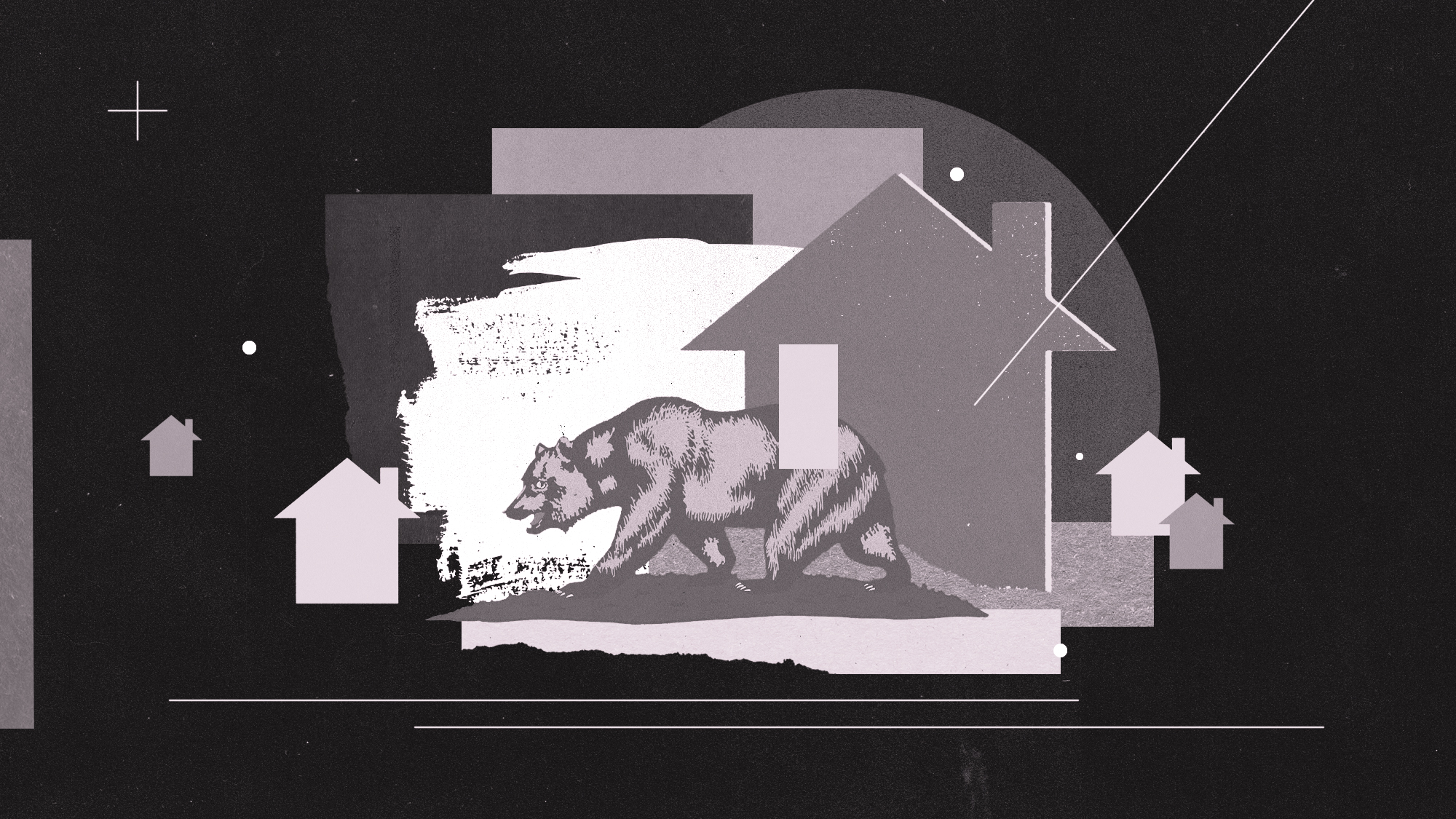 California's homelessness crisis just can't catch a break
California's homelessness crisis just can't catch a breakIn depth Recent data dispels a widespread theory for who's to blame
-
 Would you visit the company shrink?
Would you visit the company shrink?Feature And more of the week's best financial insight
-
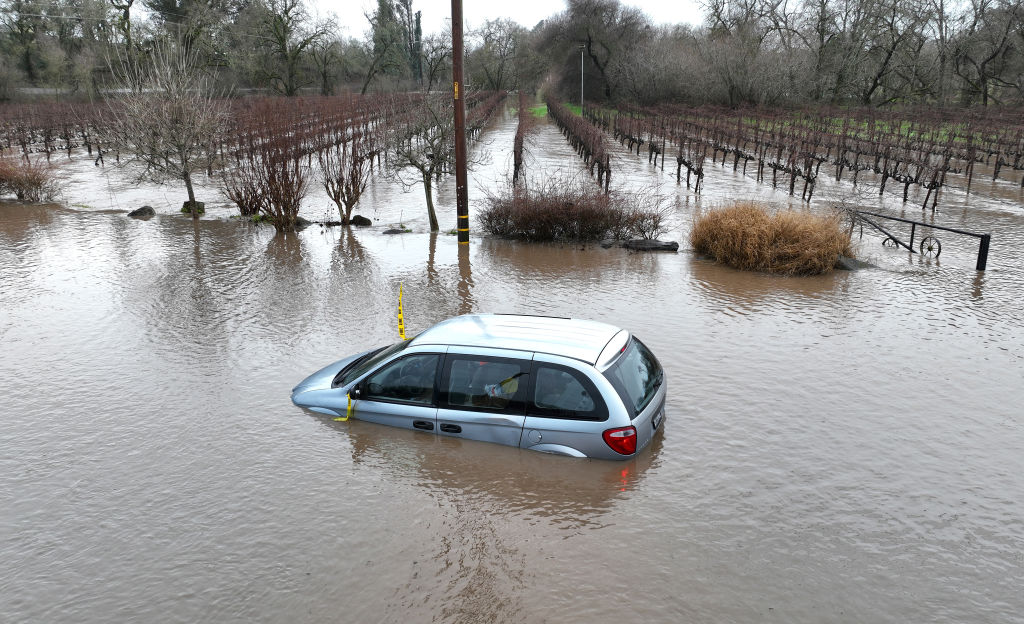 Avoid California's waterlogged cars
Avoid California's waterlogged carsfeature And more of the week's best financial insight
-
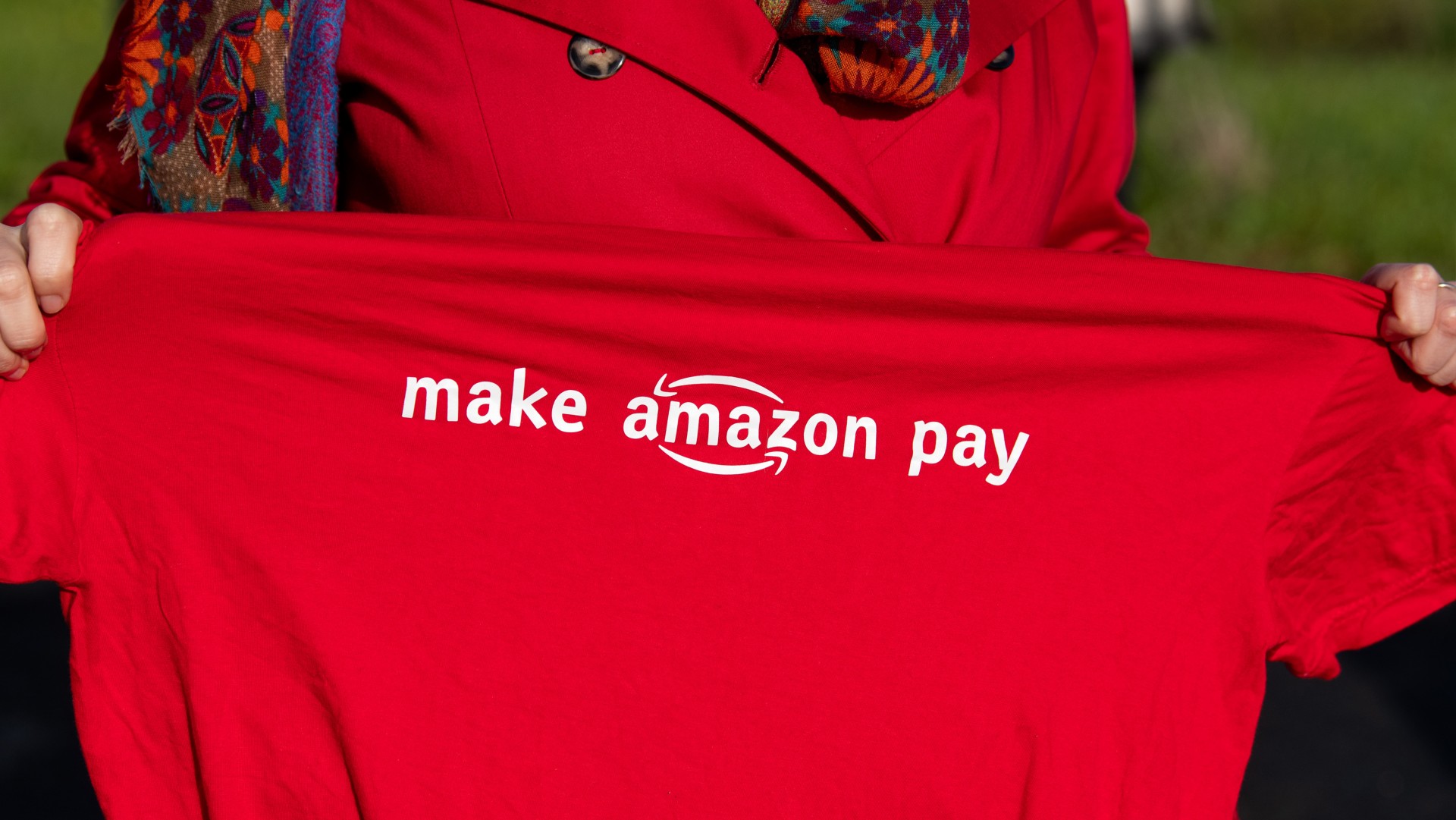 How Amazon’s first UK strike could be a sign of things to come
How Amazon’s first UK strike could be a sign of things to comefeature Big Tech is facing increasing pressure from unions as cost-of-living crisis fuels nationwide unrest
-
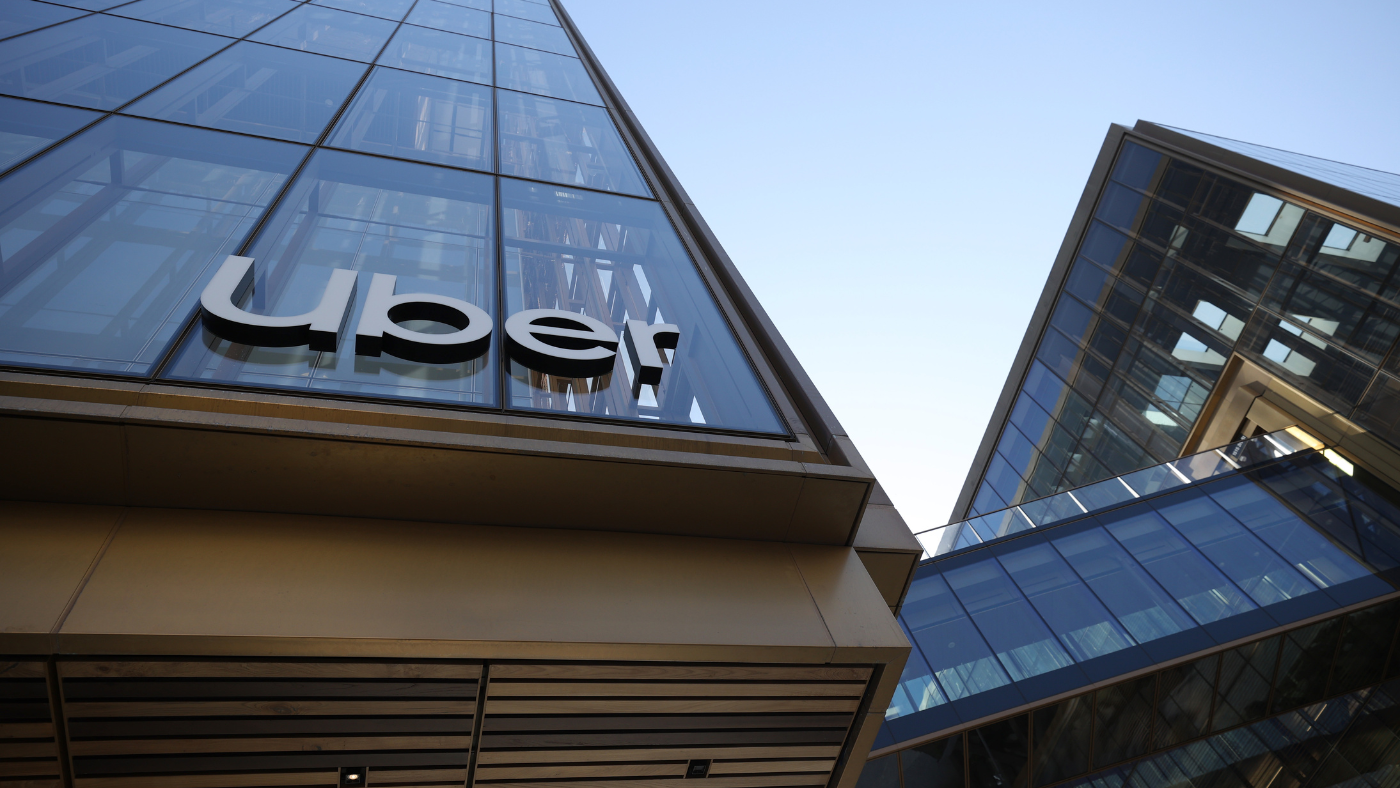 Uber files: what ‘unprecedented leak’ revealed
Uber files: what ‘unprecedented leak’ revealedSpeed Read Investigation exposes extent of government lobbying by Silicon Valley start-up between 2013 and 2017
-
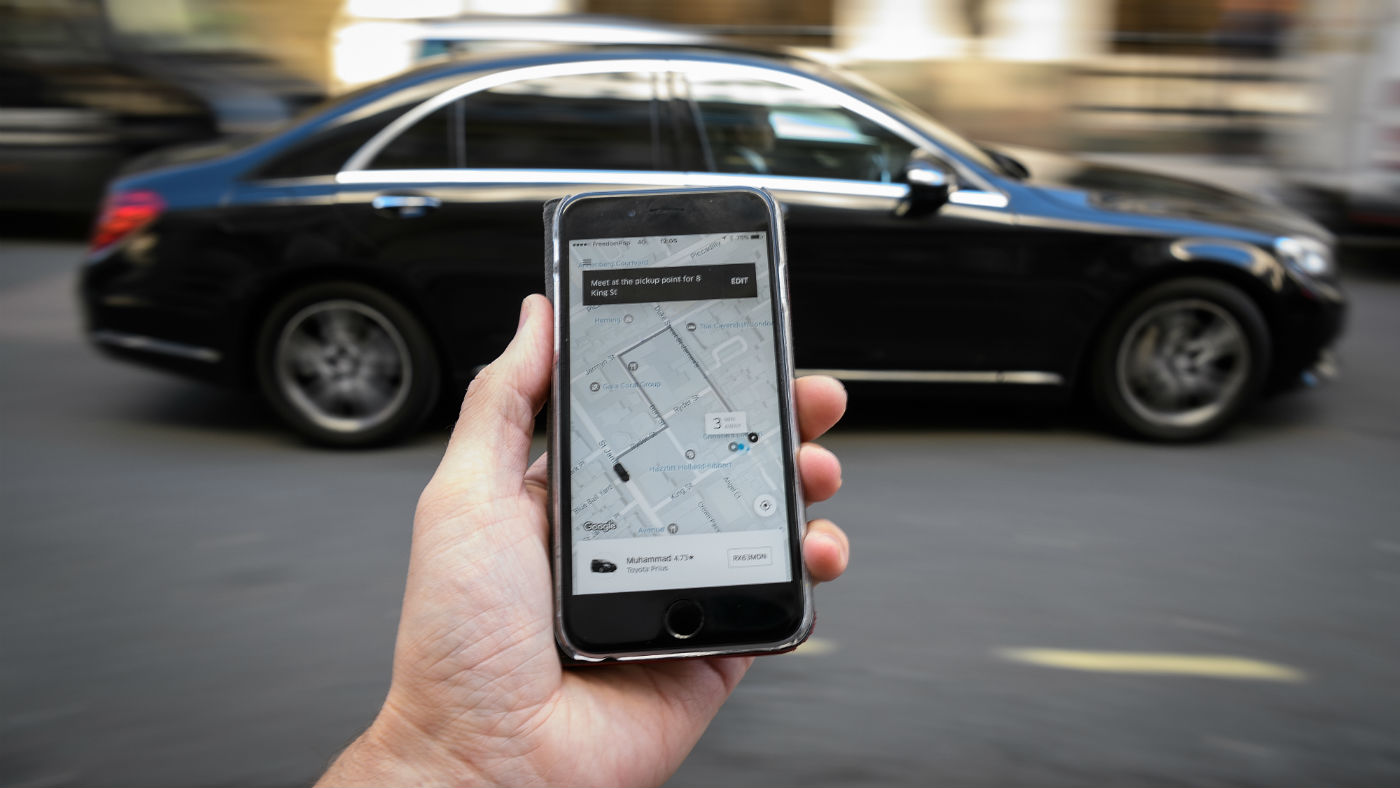 Uber vehicle fleet to be fully electric by 2040
Uber vehicle fleet to be fully electric by 2040Speed Read Ride-hailing company is setting 2030 target for UK in new plan to tackle climate crisis
-
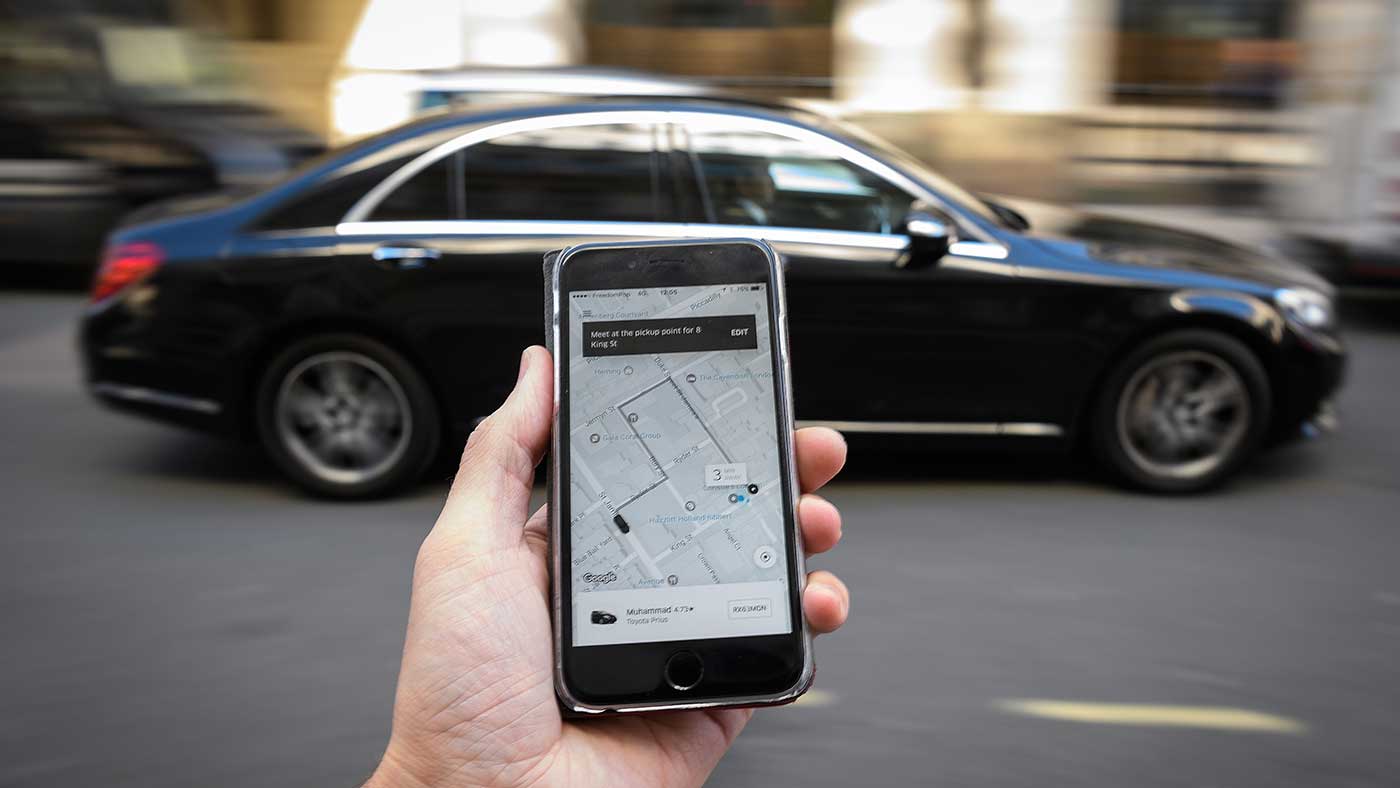 Uber’s licence renewed for two months in London
Uber’s licence renewed for two months in LondonSpeed Read Ride-hailing app lost its bid to reinstate its full operating licence in the capital